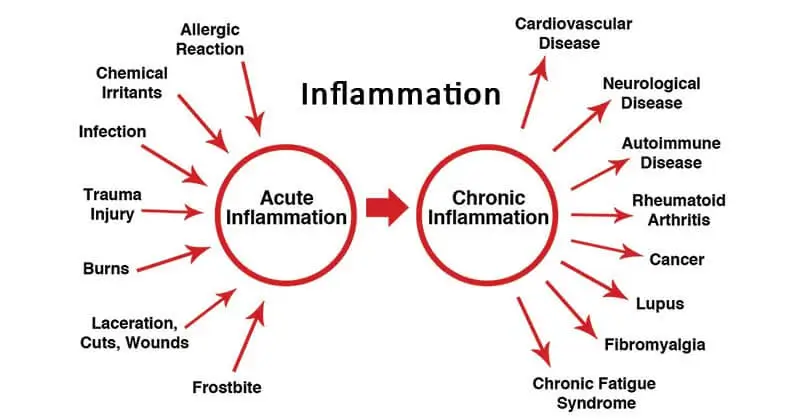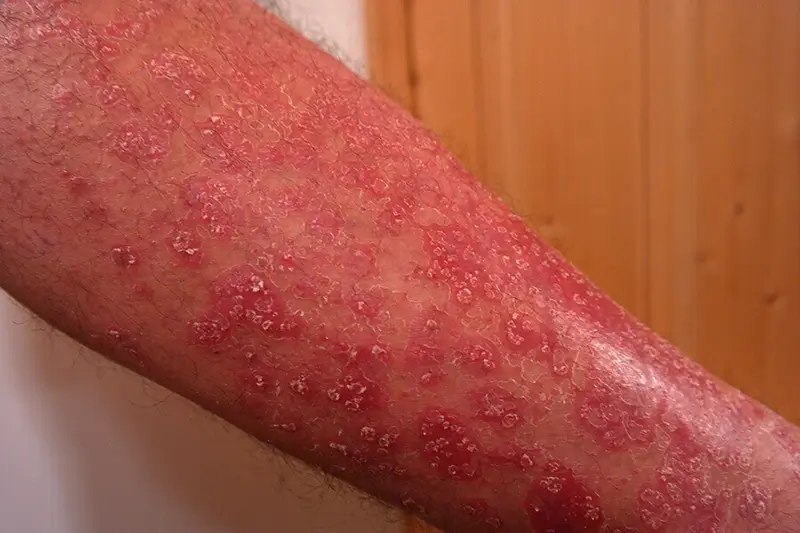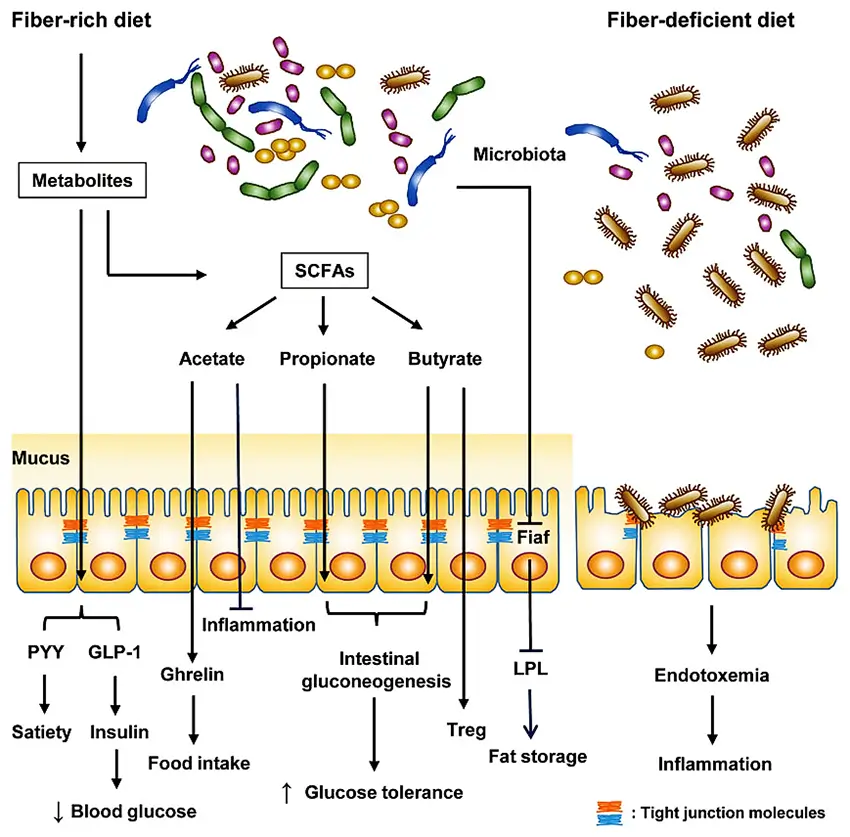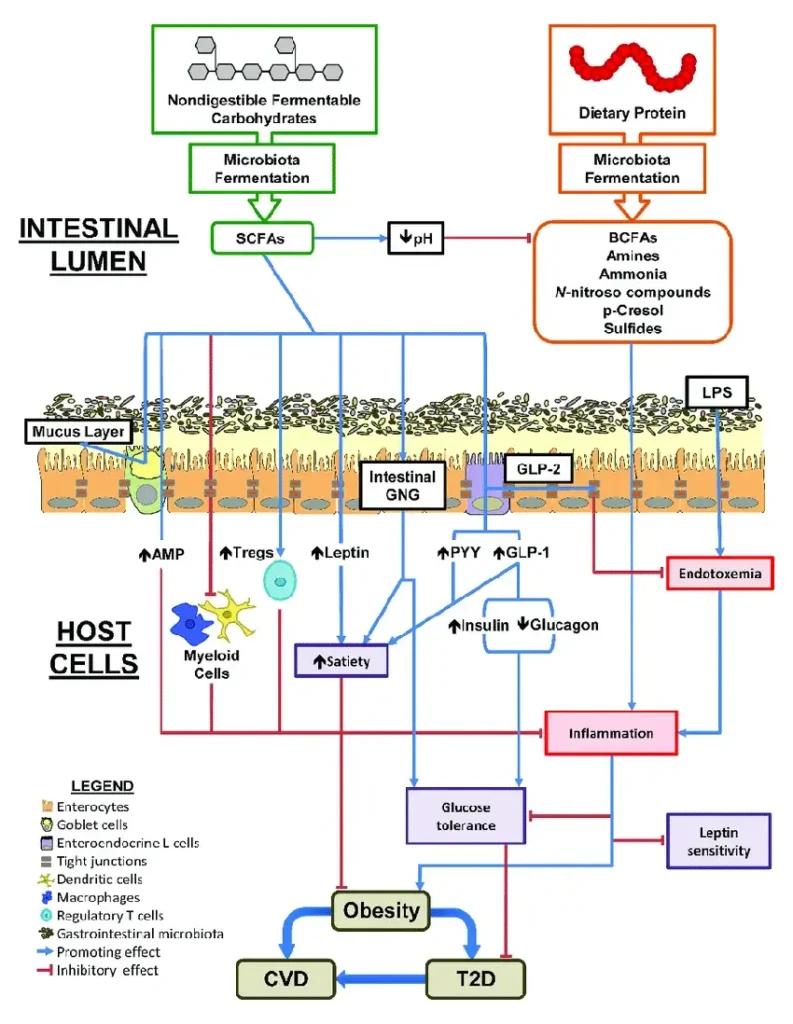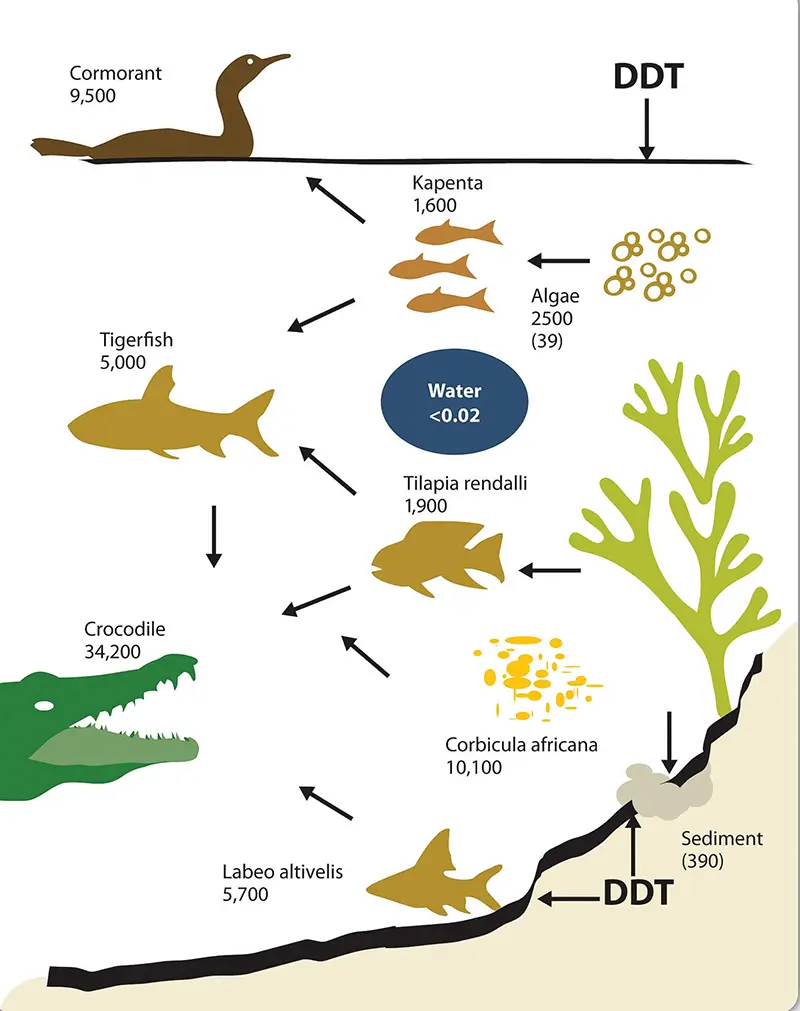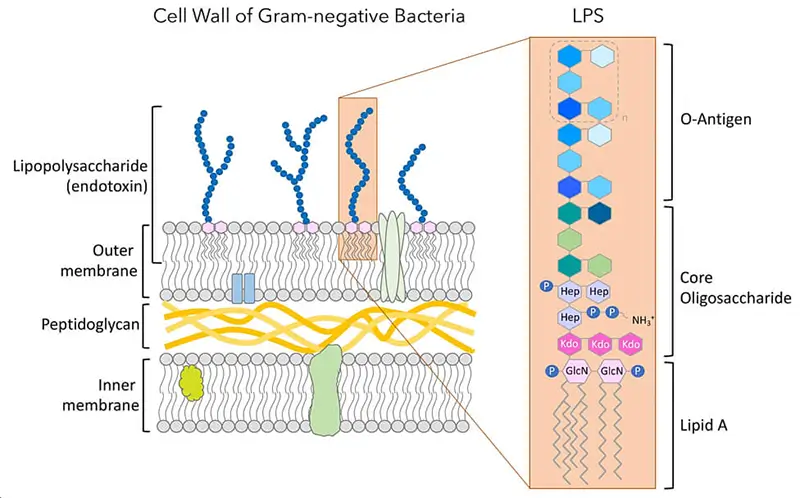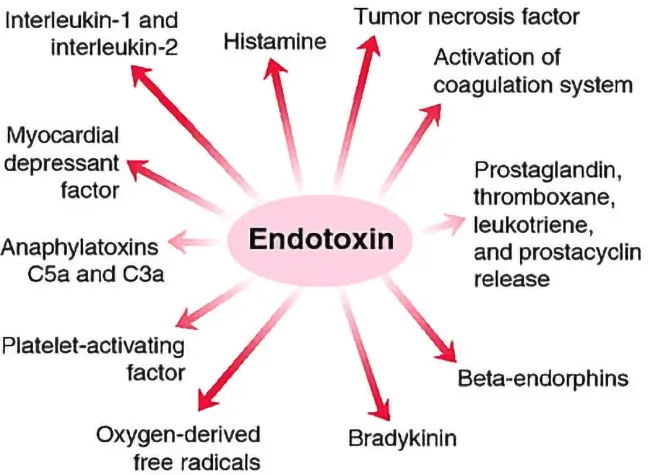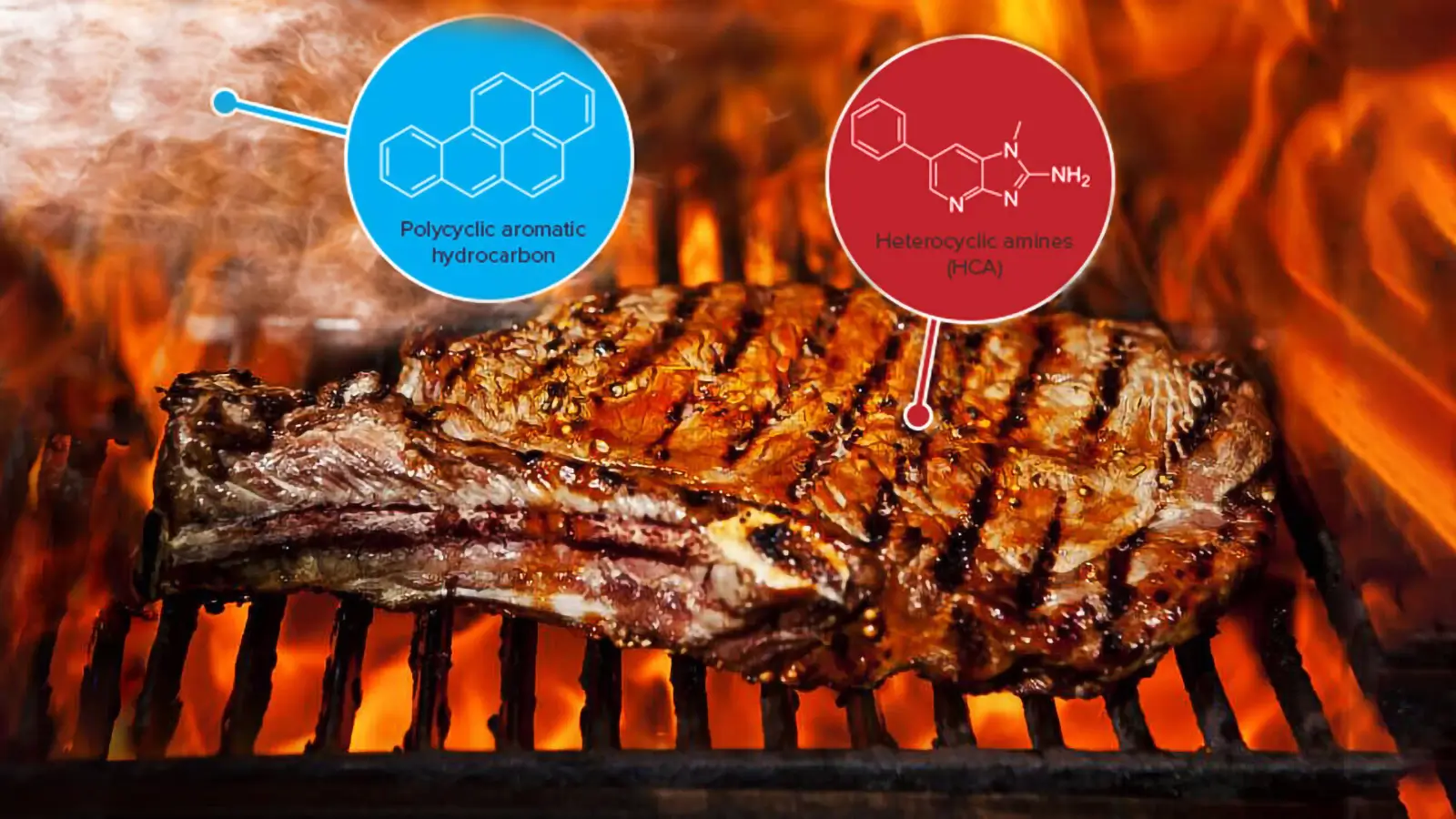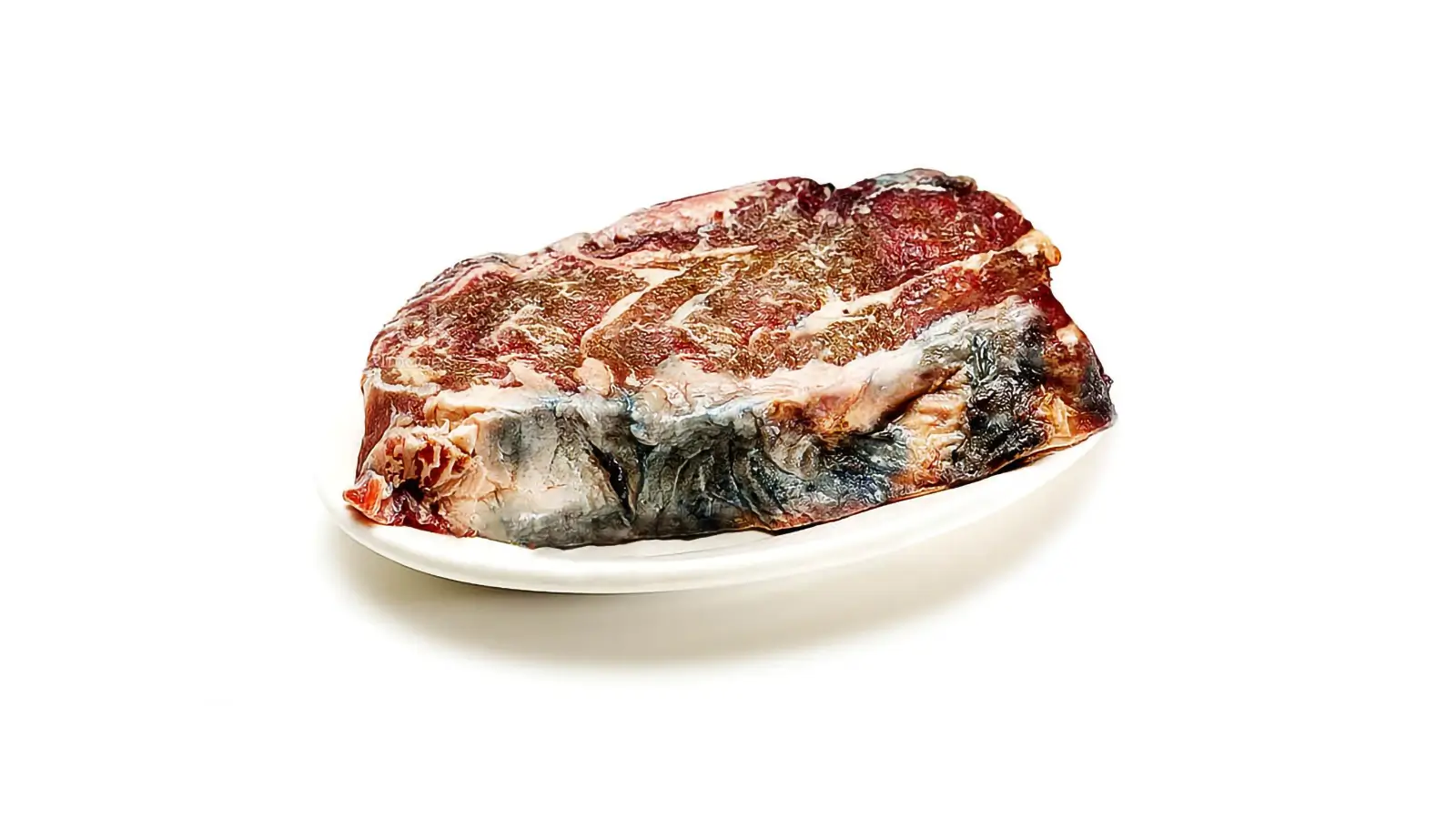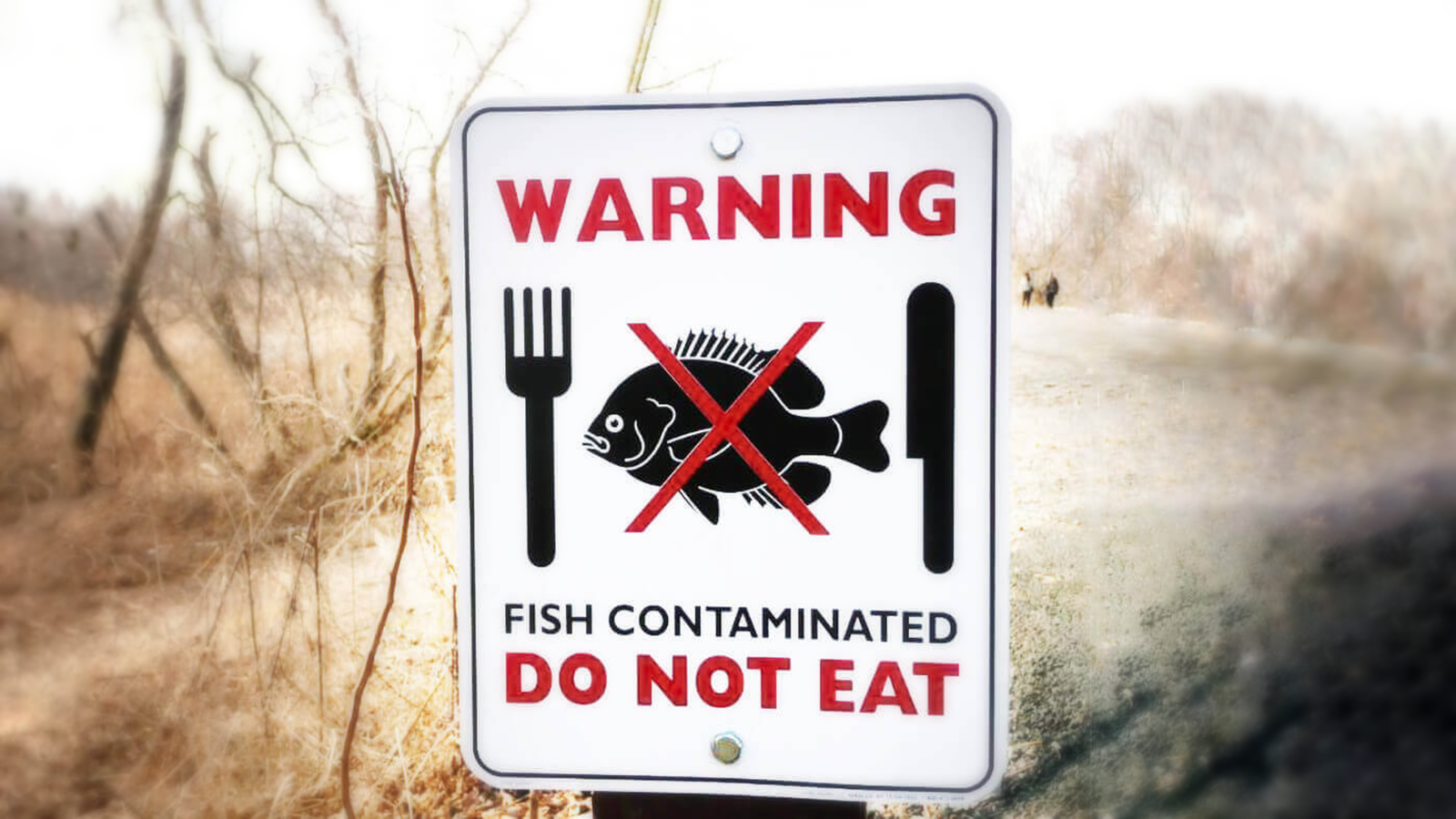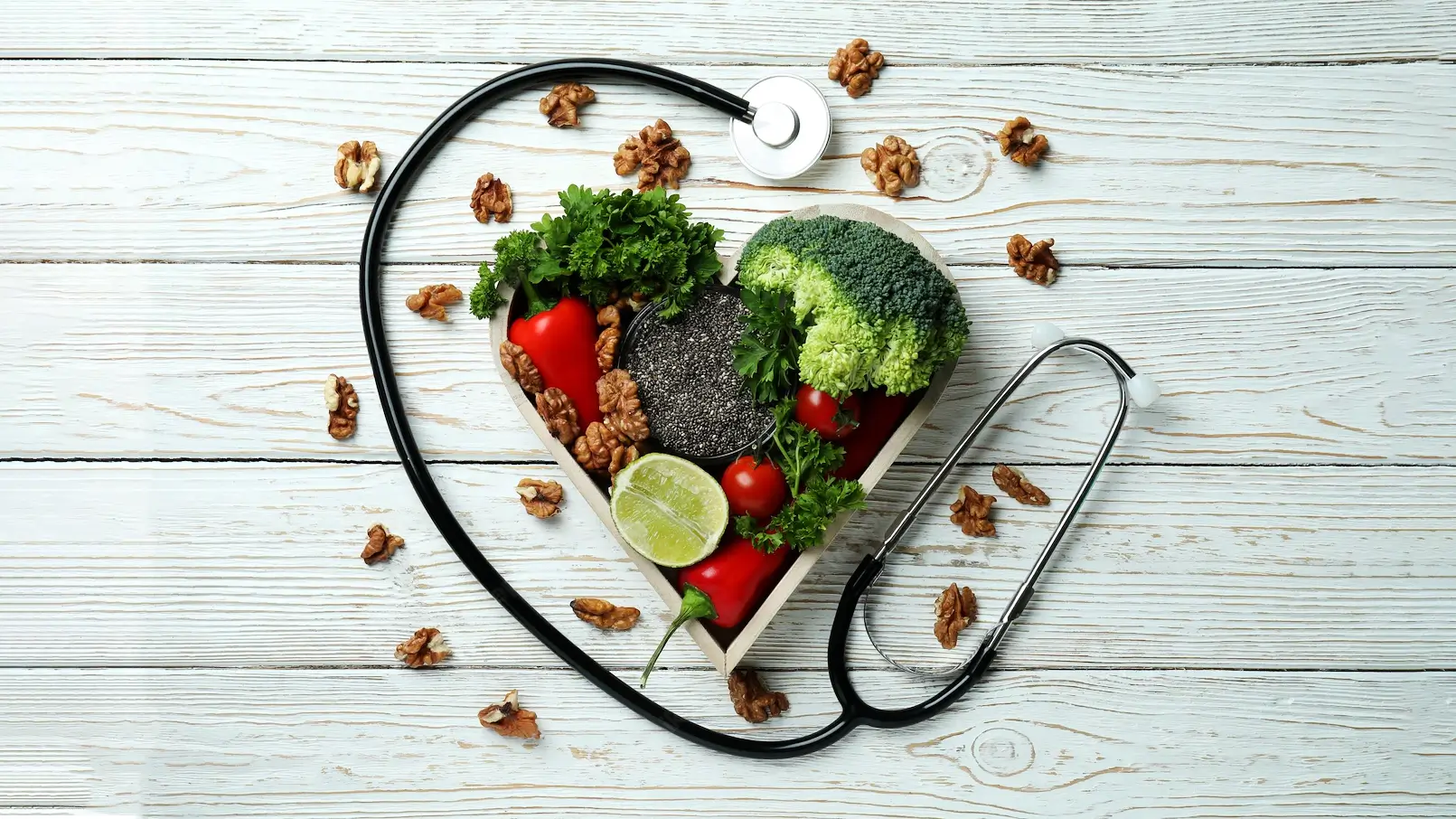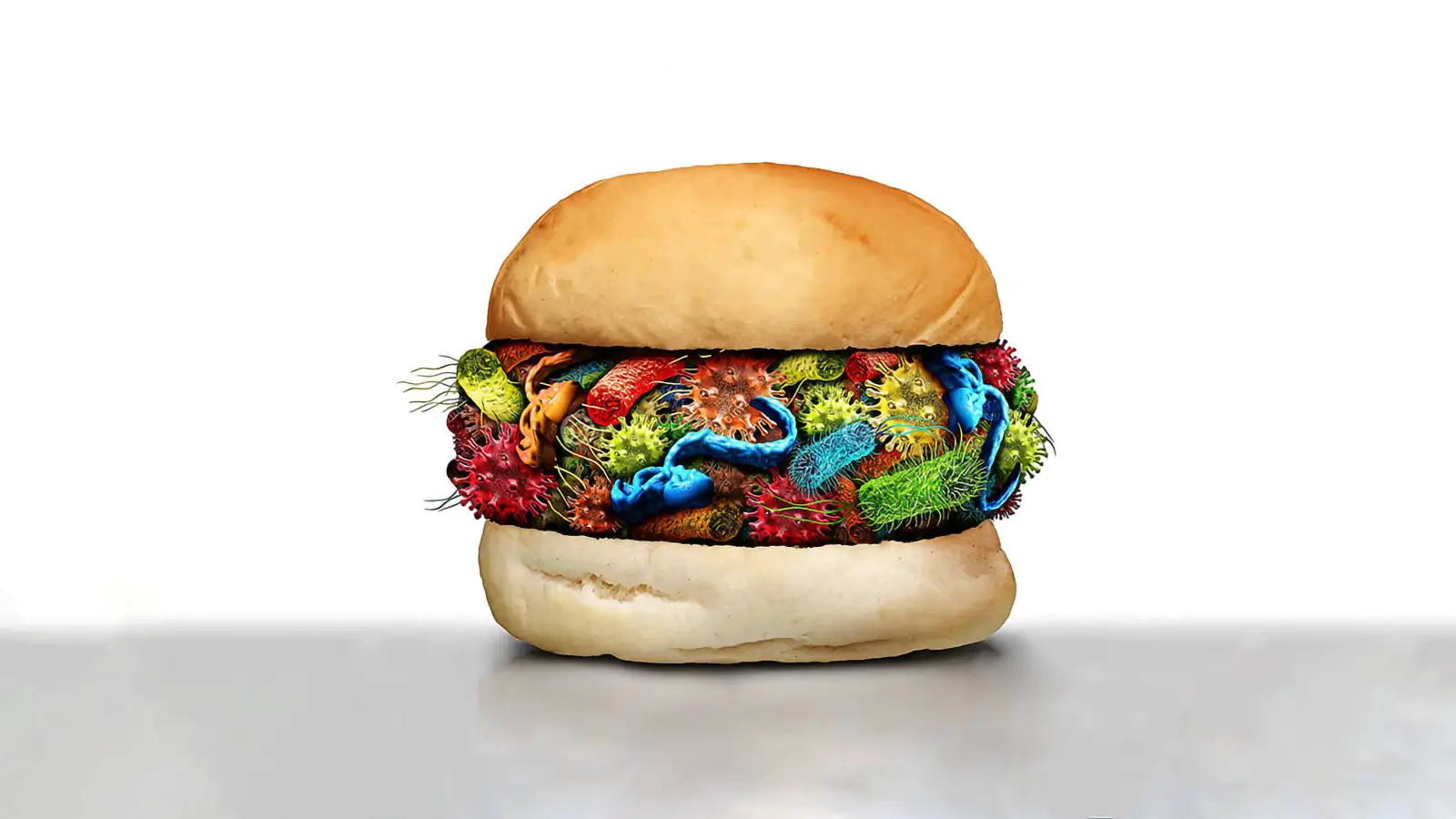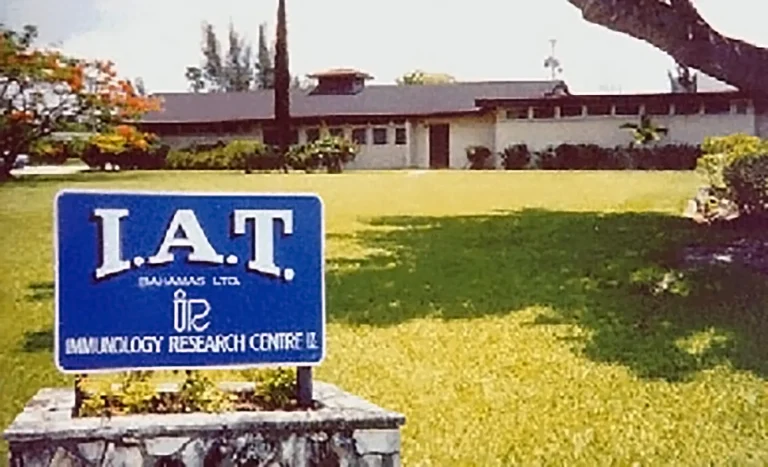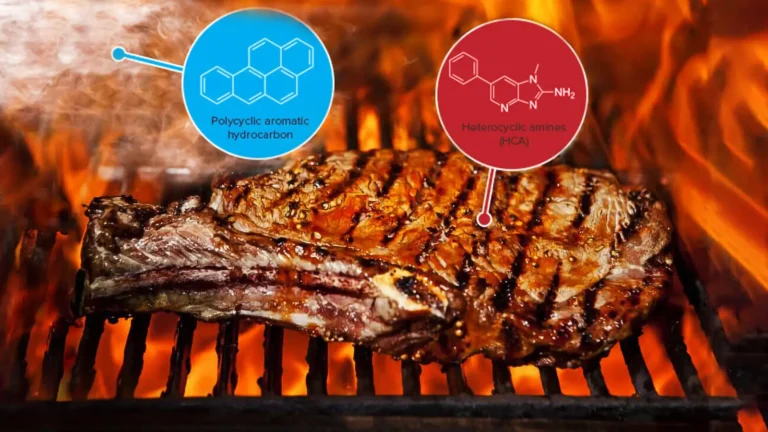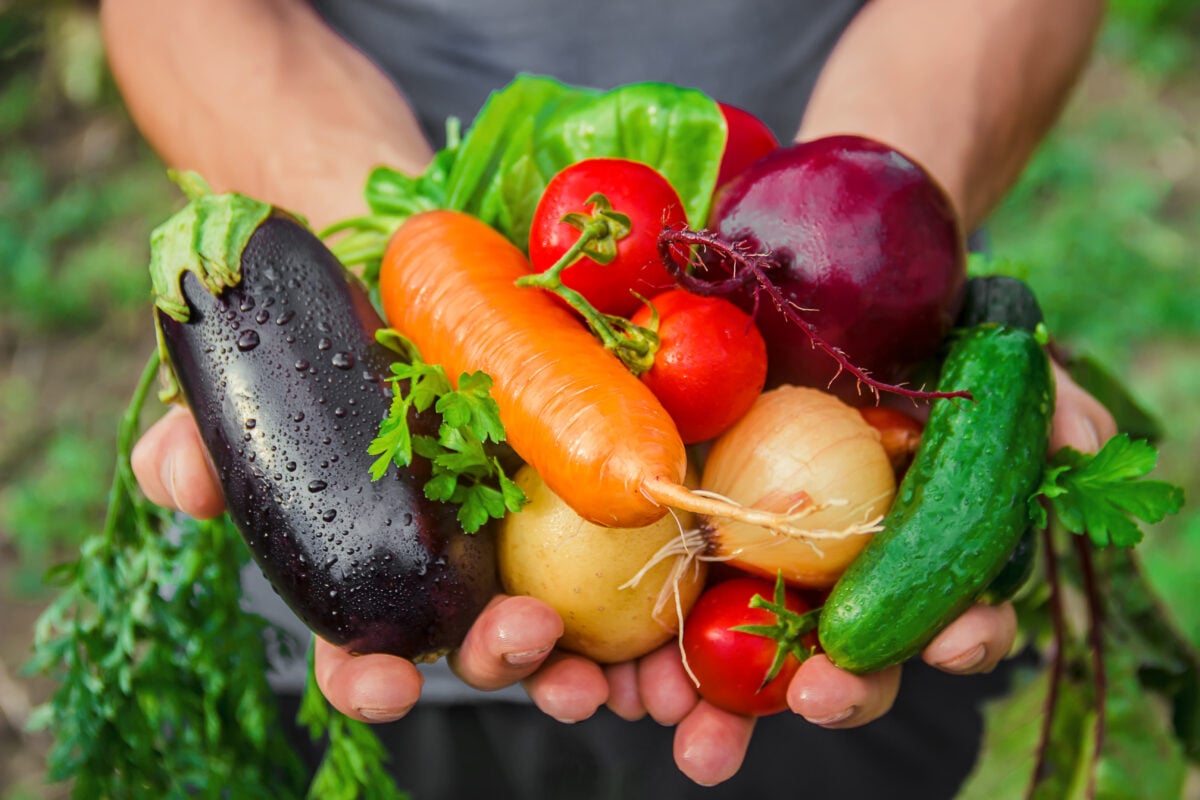私たちは食事をすると保護用の抗酸化物質を大量に受け取るように進化しましたが、肉には抗酸化物質は存在しません。炎症と食事には高い相関関係があります。
ミロス ポキミカ
によって書かれた: ミロス ポキミカ
医学的に検証した結果 Xiùying Wáng, M.D. 博士。
Updated 6月 9, 2023When our DNA gets damaged no matter what is the cause (toxins, free radicals, viruses, etc.), the visible effect would be an increase in inflammation. Inflammation response is our body’s defensive mechanism. It is not the same as infection and people usually mix these two together. Pathogens will create inflammation as a defensive response from our body’s immune system but they are not the source of inflammation. Inflammation and diet are also correlated. The source of inflammation is DNA damage. Anything that damages our cells is pro-inflammatory including pathogens, free radicals, and toxic substances of a different kinds. If our immune system malfunctions and starts to attack our own cells the visible effect will be an increase in inflammation.
All of us have some level of normal inflammation all the time and suffer from DNA damage all the time. That is the reason why medical doctors talk about markers of inflammation in the body. They have a range that is considered to be normal. There is oxidative damage that is a result of natural cells’ metabolism of energy, there is a low level of pathogens that our immune system deals with on a daily basis and there are always some toxins that are present in our body. This “normal” inflammation will cause a disease that we know as the aging process.
これに加えて、私たちは皆、さまざまな理由で急性(短期間の)炎症を起こす可能性があります。たとえば、細菌感染症にかかる可能性があります。それは痛みや他の症状を引き起こし、私たちはそれを認識します。
しかし、別の種類の炎症もあります。その両方を兼ね備えたタイプです。そして、それは通常許容されるレベルを超える慢性(永続的な)炎症であり、長期間にわたって痛みや目に見える影響を伴わずに存在する可能性があります。それはまだ存在しており、DNA損傷が増加し、その結果、最終段階では何らかの病気を引き起こすことになるでしょう。たとえば、がんになったり、老化率が上昇したりする可能性があります。
全体的な炎症が大きくなるほど、DNA損傷が多くなり、寿命が短くなり、病気の可能性が高くなります。理想的には、炎症や DNA 損傷がなく、永遠に生きられるはずですが、正常な細胞代謝のためそれは不可能です。
がんから自己免疫疾患、糖尿病、心血管疾患に至るまで、ほとんどすべての慢性疾患は慢性炎症に関連しており、基本的にこれまでに検査されたほとんどの疾患がそれに関連しています。
That is because, and people don’t understand this, inflammation is not a disease by itself. It is just a defensive reaction of the body. It is a biomarker that tells us how much destruction of our DNA we have inside us. It is an immune system response that could be lowered artificially with anti-inflammatory medications. Lowering inflammation artificially if we don’t deal with autoimmune diseases and malfunctioning of the immune system will just make things worse. It would be the same thing as lowering body temperature when we have the flu. Would that make a flu virus go away or would just weaken our immune system’s defensive mechanism?
慢性炎症に対処する場合、炎症だけでなく DNA 損傷の根本原因を除去する必要があります。
食事が炎症の増加を引き起こす原因は主に 2 つあります。
- それ自体が炎症促進性であり、毒素、化学物質、死んだ細菌、突然変異原が含まれていることを意味します。
- それ自体が炎症の急増を引き起こさない限り、炎症を防ぐこともできません。
動物性食品は両方の影響を引き起こします。
私たちの免疫システムの大きな部分は、腸とリンパ節のほとんどにあります。私たちの腸内には何千もの異なる種類の細菌が存在しますが、その中には主に 2 つの基本的な種類があります。2 つの主要なグループは互いに異なります。プロバイオティクスとは、食物繊維を代謝して私たちの体と共生するものや、肉を分解するものです。バクテリアが肉を食べるとしたら、私たちの組織も肉の塊です。肉食動物とは異なり、私たちは何百万年もの進化の中で、繊維が豊富な植物性食品を丸ごと食べるように進化してきました。私たちが繊維を食べると、プロバイオティックバクテリアの餌となり、プロバイオティックバクテリアが増殖します。
彼らは私たちの生体に対してそれほど攻撃的ではありません。免疫系はそれらと戦うのが容易になり、危険なエンドトキシンが血流に分泌されなくなり、全体的なダメージが減り、炎症が軽減されます。アウィカほか、2018), (テレ・ハンセンほか、2018)。繊維を摂取すると健康状態が改善され、炎症が軽減されますが、動物性食品は肉を腐敗させる細菌の餌となり、炎症を悪化させます。肉や動物性たんぱく質を食べると、そのメカニズムだけで腸内でより高いレベルの炎症が引き起こされます。
さらに、食物連鎖における生物濃縮により、肉の中にいくつかの毒素や汚染物質が存在します。人為的に作られたものであるかどうかに関係なく、環境中に存在し、耐熱性および化学的に安定な毒素はすべて生物蓄積します。生物はフィルターのようなものです。彼らは、善も悪も存在するすべてのものをフィルタリングします。状況はそれほど悪くはありませんが、生物濃縮と呼ばれるもう 1 つのプロセスがあります。マグロに水銀が蓄積していることは誰もが知っています(ウーら、2019)、マイクロプラスチック (バルボーザほか、2018)、または農薬 (ゼネック、2018)。組織内に蓄積する、これまでに知られているさまざまな残留性環境汚染物質が数十万種類あります。食物連鎖を理解すると、上に進むにつれて毒素の蓄積が何百倍も悪化します(ガスルら、2011)。つまり、小さな魚が大きな魚に食べられると、その毒素がすべて大きな魚に受け渡されるということです。植物性食品を食べることは、基本的に、禁煙やアルコールやその他の有毒物質の回避などのライフスタイル介入に加えて、有毒物質の負荷を軽減する唯一の方法です。私たちが食事から摂取するすべての農薬の 70% 以上が、肉食を通じて摂取されていますが、人々はこのことを理解していません。動物の飼料も散布され、殺虫剤は動物の組織に蓄積され、熱に耐性があります。動物性食品が中心の食生活をしている場合、リンゴを洗って食べないようにしても効果はありません。これらの残留毒素は脂溶性であり、代謝または分解できません。
したがって、ビーガンの食事、言い換えれば、食物連鎖の低い位置にある食事を食べることは、食物連鎖の低い位置に行くと有毒負荷が減り、DNA損傷が減少し、炎症が軽減されるため、身を守る効果があります。
One more reason why animal products and not plant foods are much more inflammatory is dead bacteria. There is a high level of putrefying bacteria in meat and what people don’t understand is that even if we kill them by cooking there are still toxic. The bacteria will be destroyed but not completely and chunks of them will remain and we will not be able to cook them down any further. Some of the world’s most dangerous poisons are these endotoxins of dead meat bacteria. They are fat-soluble and will be absorbed into our bodies after meat consumption creating inflammation (ロペス・モレノほか、2017).
さらに、肉や動物性たんぱく質を調理する過程で、アミノ酸の分子構造が壊れることで、それだけで変異原物質が生成され、炎症を引き起こします。
動物性食品が炎症を引き起こす2番目に大きな理由は、それ自体が炎症を促進することに加えて、抗炎症性の抗酸化物質やその他の植物化学物質が含まれていないことです。私たちの体は、食べるたびに抗酸化物質が大量に分泌されることを期待するように進化してきました。当然のことながら、食品はパッケージ取引であり、ホールフードにはカロリーだけでなく、繊維、ビタミンやミネラルなどの微量栄養素、および多くの抗酸化物質が含まれています。私たちの体は、食事をするたびに保護用の抗酸化物質を大量に受け取るように進化してきましたが、動物性食品には抗酸化物質は存在しません。最終的な結果は、食後(食事後)に炎症が増加することです(ミーセンら、2019).
標準的なアメリカの肉中心の食事とは異なり、ビーガンの食事は通常は中立的であり、直接的な損害を与えることはありません。例えば、 精糖、でんぷん、精製小麦粉、精製油はすべてビーガンであり、重度の炎症の急増を直接引き起こすことはありません。腸内に危険な細菌を与えることはありません。これらは肉と同じレベルで直接炎症を促進するわけではありませんが、同時に炎症を防ぐこともできません。定期的な細胞代謝と体内のフリーラジカル損傷の生成により、食後に酸化損傷が増加する可能性があります。私たちの体が毒素やフリーラジカル DNA 損傷と戦うために進化してきた方法は、食品に含まれる抗酸化物質やその他の栄養素を利用することです。私の推奨事項は、ビーガンの場合はORACスケールで1日あたり少なくとも25,000ユニットの抗酸化物質を摂取することです。非ビーガンの場合は、すべての動物性食品による食後の酸化ダメージの増加と戦うためだけでも、それよりもはるかに多くの量が必要になります。食べること。それから、 環境中の毒素 変異原物質に加えて、私たちのほとんどは喫煙や飲酒などの悪い習慣を持っています。この記事は、人々がこれらの問題について基本的な理解を得るために、この主題についての入門として書かれています。
単なる食事療法としてのビーガンダイエットは、まったくのジャンクです。油と砂糖は両方ともビーガン製品です。最適なレベルの微量栄養素を含む植物ベースのホールフード食事は、慢性炎症を軽減し、さまざまな病気を予防するのに役立つ唯一の食事です。
癌の非常に重要な危険因子は、私たちの第 2 の死因であり、慢性炎症と免疫系の障害です。今日、人口のほとんどは高レベルの慢性炎症を患っています。さらに、広範囲の人口規模で、いくつかの必須微量栄養素(カロリーではなく、必須および一部の重要な非必須微量栄養素)と抗酸化物質が不足しています。
一方では、炎症性化合物、毒素、変異原物質が存在しますが、他方では微量栄養素や抗酸化物質が不足しています。また、IGF-1やエストロゲンなどの癌促進ホルモンが慢性的に上昇します。
参考文献:
- アウィカ、JM、ローズ、DJ、シムセク、S. (2018)。穀物と豆類のポリフェノールと食物繊維の慢性炎症と腸の健康に対する相補的な効果。 食と機能, 9(3)、1389 ~ 1409 年。 https://doi.org/10.1039/c7fo02011b
- VH テレ・ハンセン、KB ホルヴェン、SM ウルヴェン (2018)。人間の腸内微生物叢と全身性炎症に対する健康的な食事パターンの影響。 栄養素, 10(11), 1783. https://doi.org/10.3390/nu10111783
- Wu, P.、Kainz, MJ、Bravo, AG、Åkerblom, S.、Sonesten, L.、および Bishop, K. (2019)。メチル水銀の生物濃縮における遠洋食物網基地への生物濃縮の重要性: メタ分析。 トータル環境の科学, 646、357–367。 https://doi.org/10.1016/j.scitotenv.2018.07.328
- Barboza、LGA、Dick Vethaak、A.、Lavorante、BRBO、Lundebye、AK、Guilhermino、L. (2018)。海洋マイクロプラスチック破片: 食品の安全性、食品の安全性、人間の健康にとって新たな問題となっています。 海洋汚染速報, 133、336–348。 https://doi.org/10.1016/j.marpolbul.2018.05.047
- Zennegg M. (2018). Dioxins and PCBs in Meat – Still a Matter of Concern?. 化学, 72(10)、690–696。 https://doi.org/10.2533/chimia.2018.690
- Gasull, M.、Bosch de Basea, M.、Puigdomènech, E.、Pumarega, J.、Porta, M. (2011)。人間の残留性有機汚染物質濃度に対する食事の影響に関する実証分析: スペインで実施されたすべての研究の系統的レビュー。 環境国際, 37(7)、1226–1235。 https://doi.org/10.1016/j.envint.2011.05.008
- ロペス=モレノ、J.、ガルシア=カーペンター、S.、ヒメネス=ルセナ、R.、ハロ、C.、ランゲル=スニガ、OA、ホワイト=レッド、R.、ユベロ=セラーノ、EM、ティナホーネス、FJ、シン-リスト、J.、ペレス-マルティネス、P.、ロシュ、HM、ロペス-ミランダ、J.、およびカマルゴ、A. (2017)。エンドトキシン血症に対する食事脂質の影響は食後の炎症反応に影響を与えます。 農業および食品化学のジャーナル, 65(35)、7756–7763。 https://doi.org/10.1021/acs.jafc.7b01909
- メーセン、ECE、ヴァルムブルン、MV、ニュードルプ、M、およびソーテルス、MR (2019)。人間の食後の栄養代謝と軽度の炎症: 解説レビュー。 栄養素, 11(12), 3000. https://doi.org/10.3390/nu11123000
関連記事
栄養と健康について何か質問はありますか?
ぜひご意見をいただき、次回の投稿でお答えしたいと思います。皆様のご意見とご意見に感謝しており、すぐにご連絡をお待ちしております。私もあなたを招待します フォローする Facebook、Instagram、Pinterestでダイエット、栄養、健康に関するコンテンツをご覧ください。そこにコメントを残して、他の健康愛好家とつながり、あなたのヒントや経験を共有し、私たちのチームやコミュニティからサポートや励ましを得ることができます。
この投稿があなたにとって有益で楽しいものであり、学んだ洞察を生かす準備ができていることを願っている。この投稿が役に立ったと思われた方は シェアする 友人や家族など、その恩恵にあずかれるかもしれない人たちと一緒に。誰が健康の旅にガイダンスやサポートを必要としているかわからないのですから。
– あなたはおそらくそれも好きでしょう –

栄養について学ぶ
ミロス・ポキミカは、自然医学の医師、臨床栄養士、医療健康と栄養のライター、栄養科学アドバイザーです。書籍シリーズの著者 ビーガンに行きますか?科学の復習また、自然健康サイト「GoVeganWay.com」を運営している。
医療上の免責事項
GoVeganWay.com では、最新の栄養と健康関連の研究のレビューをお届けします。提供される情報は著者の個人的な意見を表すものであり、専門的な医学的アドバイス、診断、または治療に代わることを意図または暗示するものではありません。提供される情報は情報提供のみを目的としており、資格のある医師または医療提供者の相談、診断、および/または治療に代わるものとして機能することを意図したものではありません。GoVeganWay.com で読んだことや GoVeganWay.com を通じてアクセスしたことを理由に、専門家の医学的アドバイスを無視したり、医療治療を受けるのを遅らせたりしないでください。
認可された医師に相談する前に、GoVeganWay.com で読んだ内容の結果としてライフスタイルの変更や変更を決して適用しないでください。
医療上の緊急事態が発生した場合は、直ちに医師または 911 に電話してください。GoVeganWay.com は、内部で言及されている特定のグループ、組織、検査、医師、製品、手順、意見、またはその他の情報を推奨または承認しません。
編集者のおすすめ –
ミロス・ポキミカは、自然医学の医師、臨床栄養士、医療健康と栄養のライター、栄養科学アドバイザーです。書籍シリーズの著者 ビーガンに行きますか?科学の復習また、自然健康サイト「GoVeganWay.com」を運営している。
最新記事 -
プラントベースのニュース
-
Some Dogs Can Sort Toys By Function, Says New Study On Canine ‘Label Extension’
on 11月 5, 2025
-
Courgette, Leek, White Bean And Kale Stew
on 11月 5, 2025
-
Precision Fermented Dairy Proteins Receive ‘No Questions’ Approval From FDA
on 11月 4, 2025
-
This One-Pan Ramen Is Ready In 30 Minutes
on 11月 4, 2025
-
How to Make Fresh Vanilla Hemp Milk at Home
on 11月 3, 2025
-
Animal Farming Is ‘World’s Biggest Cause Of Food Waste,’ Says Report
on 11月 3, 2025
-
Butter Bean And Sweet Papas Coconut Stew
on 11月 2, 2025
トップヘルスニュース — ScienceDaily
- Nanotech makes cancer drug 20,000x stronger, without side effectson 11月 6, 2025
A Northwestern team transformed a common chemotherapy drug into a powerful, targeted cancer therapy using spherical nucleic acids. The redesign dramatically boosted drug absorption and cancer-killing power while avoiding side effects. This innovation may usher in a new era of precision nanomedicine for cancer and beyond.
- Scientists may have found how to reverse memory loss in aging brainson 11月 6, 2025
Virginia Tech researchers have shown that memory loss in aging may be reversible. Using CRISPR tools, they corrected molecular disruptions in the hippocampus and amygdala, restoring memory in older rats. Another experiment revived a silenced memory gene, IGF2, through targeted DNA methylation editing. These findings highlight that aging brains can regain function through precise molecular intervention.
- Scientists uncover meditation’s hidden side effectson 11月 5, 2025
Meditation is widely praised for its mental health benefits, but new research shows that it can also produce unexpected side effects for some people—from anxiety and dissociation to functional impairment. Psychologist Nicholas Van Dam and his team found that nearly 60% of meditators experienced some kind of effect, and about a third found them distressing.
- Most Americans don’t know alcohol can cause canceron 11月 5, 2025
Most U.S. adults don’t realize alcohol raises cancer risk, and drinkers themselves are the least aware. Scientists say targeting these misbeliefs could significantly reduce alcohol-related cancer deaths.
- A breakthrough map reveals how the brain really workson 11月 5, 2025
Scientists have shown that brain connectivity patterns can predict mental functions across the entire brain. Each region has a unique “connectivity fingerprint” tied to its role in cognition, from language to memory. The strongest links were found in higher-level thinking skills that take years to develop. This work lays the groundwork for comparing healthy and disordered brains.
- A shapeshifting protein explains rabies’ deadly poweron 11月 5, 2025
Researchers discovered how rabies virus exerts massive control over host cells with very few genes. A key viral protein changes shape and binds RNA, allowing it to infiltrate different cellular systems. This adaptability could explain the power of other deadly viruses, including Nipah and Ebola. The breakthrough may lead to next-generation antivirals or vaccines.
- Cockroaches are secretly poisoning indoor airon 11月 5, 2025
Cockroach infestations don’t just bring creepy crawlers, they fill homes with allergens and bacterial toxins that can trigger asthma and allergies. NC State researchers found that larger infestations meant higher toxin levels, especially from female roaches. When extermination eliminated the pests, both allergens and endotoxins plummeted. The findings highlight how pest control is vital for cleaner, healthier air indoors.
パブメッド、 #ビーガンダイエット –
- Impact of in vitro digestion on the cytotoxicity and microbial viability of cholinesterase-inhibitor-rich vegan soups in human intestinal cell modelson 11月 1, 2025
Vegan lunch soups formulated with mushroom, asparagus, leek, and sea buckthorn were previously developed by our team to provide a consistent daily intake of dietary cholinesterase inhibitors. Considering the proposed continuous consumption of these functional soups, it is essential to examine any cytotoxic responses that may occur in the gastro-intestinal tract. This work starts this topic by investigating the effect of in vitro digested soups towards selected human intestinal cells and…
- A 6-Month, Prospective, Multi-arm Study for the Efficacy of Standardized Nutraceuticals to Improve Hair Fiber Thickness and Strengthon 10月 31, 2025
CONCLUSIONS: This study demonstrates that ingestion of these bio-specific HGNs are associated with significantly enhanced hair shaft diameter and decreased breakage, resulting in longer, stronger hair across their intended populations. These findings support the use of these HGNs for hair thinning, offering alternative options for various populations for improving hair growth and thickness.
- Consumer Acceptance of Sustainable Cat Diets: A Survey of 1380 Cat Guardianson 10月 29, 2025
There is increasing awareness about the adverse environmental and ‘food’ animal welfare impacts associated with the production of meat-based pet food. However, little is known about cat guardians’ acceptance of more sustainable food choices for the global population of approximately 476 million pet cats. By surveying 1380 cat guardians, this study explored feeding patterns used by guardians, determinants of their cat food choices, and their acceptance levels of more sustainable cat food…
- Consumer Acceptance of Sustainable Dog Diets: A Survey of 2639 Dog Guardianson 10月 29, 2025
Interest in more sustainable diets for the global population of 528 million companion dogs is steadily increasing, encompassing nutritionally sound cultivated meat, vegan, and microbial protein-based dog foods. Factors driving these alternative dog foods include lower impacts on the environment, fewer welfare problems related to intensively farmed animals and wild-caught fish, and potentially superior canine health outcomes, relative to conventional meat-based dog food. Through a […]
- Beliefs and behaviours associated with vegetarian, vegan, and gluten-free diets among Canadians capable of bearing childrenon 10月 29, 2025
There is increased interest in self-selected exclusionary diet patterns, specifically vegetarian, vegan, and gluten-free (GF) diets, but there is a lack of research exploring the beliefs and behaviours surrounding these diets in Canadians capable of bearing children (CCBC). The goal of this study was to explore the beliefs and behaviours of CCBC who follow vegetarian, vegan, and/or GF diets using mixed methods. A self-administered online Qualtrics™ survey containing 102 questions was […]
ランダムな投稿 –
おすすめの投稿 -

PubMed の最新情報、 #植物ベースの食事 –
- Diet quality scores and incidence of cardiovascular events: A 4-year prospective study of patients in cardiology secondary care (BALANCE Program Trial)by Aline Rosignoli da Conceição on 11月 5, 2025
As a modifiable determinant, dietary patterns are a crucial factor in the prevention of cardiovascular disease (CVD), as they account for more than half of all CVD-related deaths and disabilities. Thus, we aimed to assess whether changes in diet quality along with six a priori-defined diet scores were associated with the incidence of cardiovascular (CV) events during four years of follow-up of secondary care cardiology patients. We conducted a secondary prospective analysis of 1,704, 1,629 […]
- Dietary animal fat disrupts gut microbiota and aggravates Scl-cGVHD after allogeneic hematopoietic stem cell transferby Danielle D Millick on 11月 5, 2025
Allogeneic Hematopoietic Stem Cell Transplant (allo-HCT) is an effective treatment for high-risk or relapsed acute leukemia. However, the frequent occurrence of graft-versus-host disease (GVHD) poses significant complications. Modifiable factors such as the gut microbiome and dietary regimen have the potential to influence the frequency and severity of GVHD. Previous studies in mouse models have shown a direct link between obesity and increased severity of GVHD. Analysis of human data has not…
- Dose-response effects of a mixed condensed and hydrolyzable tannin extract on methane production and diet digestibility using the in vitro gas production techniqueby Jordan M Adams on 11月 5, 2025
Several studies have evaluated the impact of isolated condensed or hydrolyzable tannin extract (TE) supplementation for beef cattle on methane (CH4) mitigation and metabolic functions, but fewer have evaluated their combination. Our objective was to investigate changes in in vitro fermentation dynamics, CH4 production, neutral detergent fiber digestibility (ivNDFD), and ruminal volatile fatty acid (VFA) concentrations in response to the inclusion rate of a TE blend (Silvafeed ByPro; […]
- Molecular mechanism of tea polyphenols in alleviating tetrabromobisphenol A (TBBPA)-induced PANoptosis in carp (Cyprinus carpio) livers based on network toxicology and pharmacologyby Hongru Wang on 11月 5, 2025
Tetrabromobisphenol A (TBBPA), characterized by extensive industrial utilization and low biodegradability, exhibits significant bioaccumulation potential in aquatic ecosystems, thereby posing substantial toxicological risks to aquatic organisms. Tea polyphenols (TP) are plant extracts with anti-inflammatory and antioxidant therapeutic potential. In this study, network toxicology and pharmacology approaches were employed to investigate the hepatotoxic mechanism of TBBPA and the […]
- Discovery of urinary biomarkers of kiwifruit intake in a randomized intervention studyby Zilin Xiao on 11月 4, 2025
CONCLUSIONS: This study identified potential biomarkers of kiwifruit and developed a prediction model that may differentiate consumers. Further validation is necessary to confirm the reliability and generalizability of our findings.
- Nourishing the Skin: A Review of Diet’s Role in Hidradenitis Suppurativaby Jordan Beam on 11月 4, 2025
Hidradenitis suppurativa (HS) is a complex skin condition influenced by both genetic and environmental factors. Increasing evidence points to diet as a key contributor to disease severity through systemic inflammatory pathways. A review of recent literature was conducted to evaluate the relationship between dietary patterns and advancement of HS. Pro-inflammatory diets such as the Western diet, leucine-rich diets, and brewer’s yeast were associated with HS exacerbation through mTOR activation…
